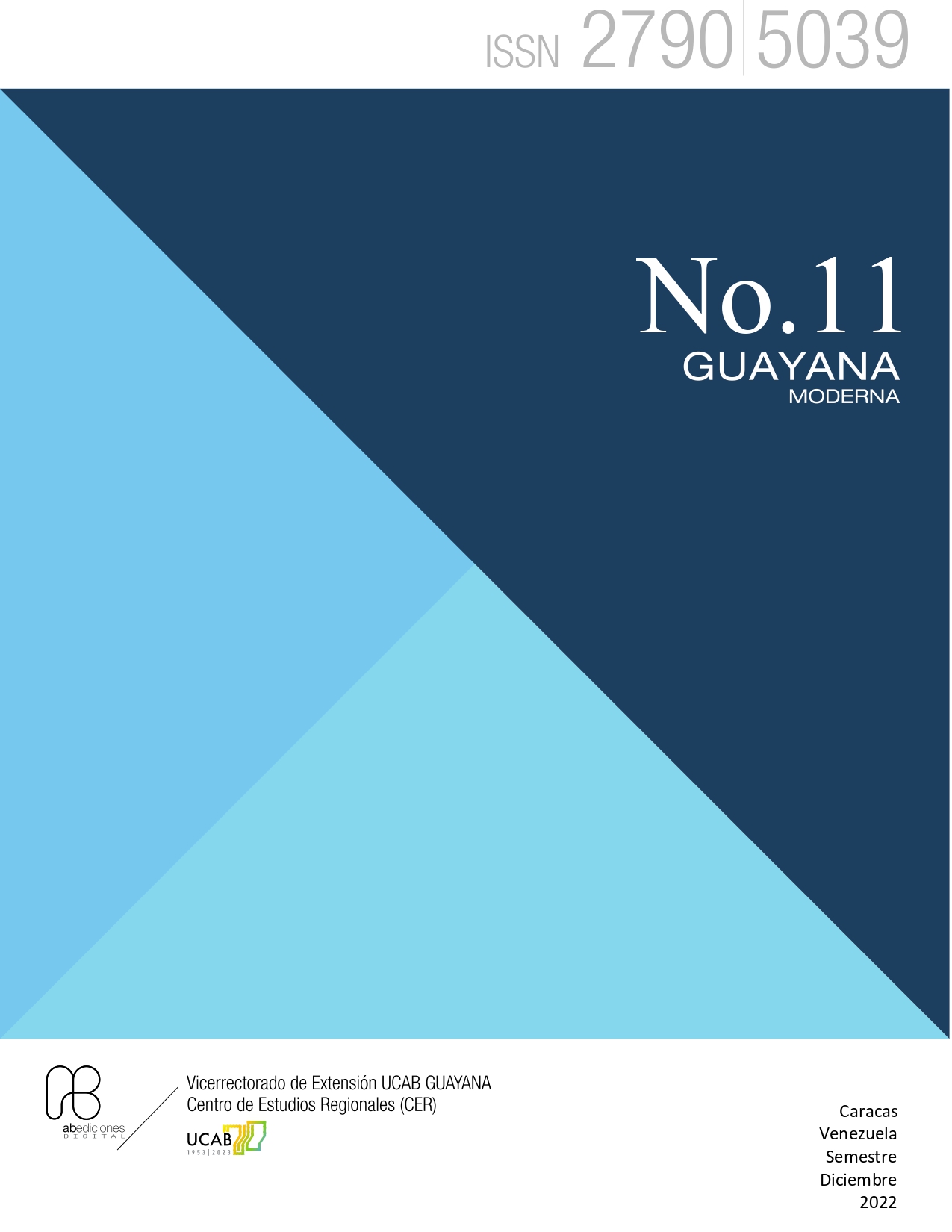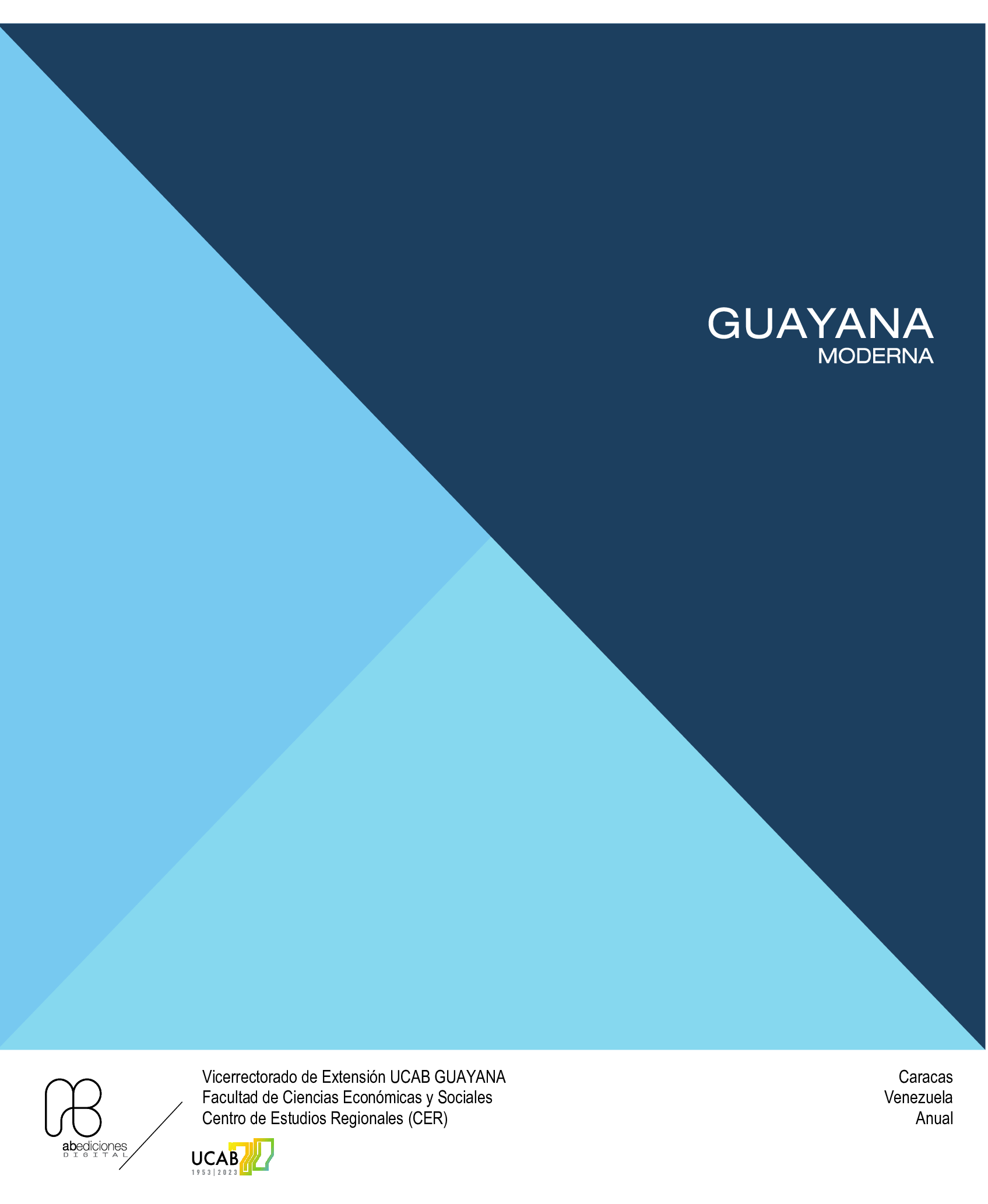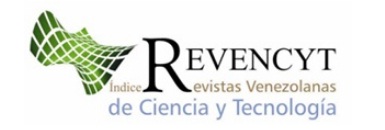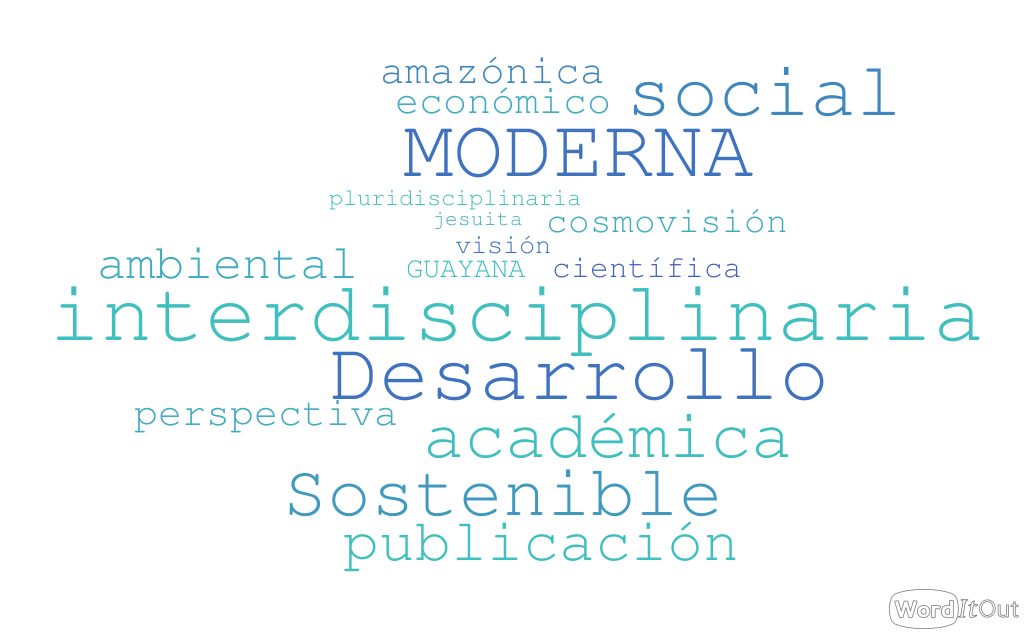Resilience and Self Care of the Staff Of the UCAB Guayana
DOI:
https://doi.org/10.1234/gm.v11i11.5855Abstract
This research work was made with the purpose of promoting the reflexive thought about activities of self-care in both personal and work life of the staff of the UCAB Guayana, so it was made a research about self-care and wellness practices, and about identifying those spaces that from the University can be generated and promoted for the good of the integral wellness of the human talent. The “inventory of resilience and self-care of the professional” by Thomas Skovholt, was adapted and applied to the workers in order to not allow doubts of the original translation get in the way of answering the instrument and within the context that it was applied to. This inventory is divided in four dimensions: personal vitality, work vitality, personal stress and work stress, each one is composed by a list of items that allows to measure in terms of activities or affirmations the position of the person. The methodology used was of type descriptive, considering the total of collaborators for the application. About the results, it was evident that between the dimensions of the inventory there was a positive balance, however, it’s noticeable that the work area has the most lineal and balanced outcomes, compared to the personal area, even with a positive tendency to the self-care at work. Even when the general balance is positive about the four dimensions, there are elements that stand out about the importance of a good communication and the need for integration spaces.
Keywords: inventory, self-care, staff.








